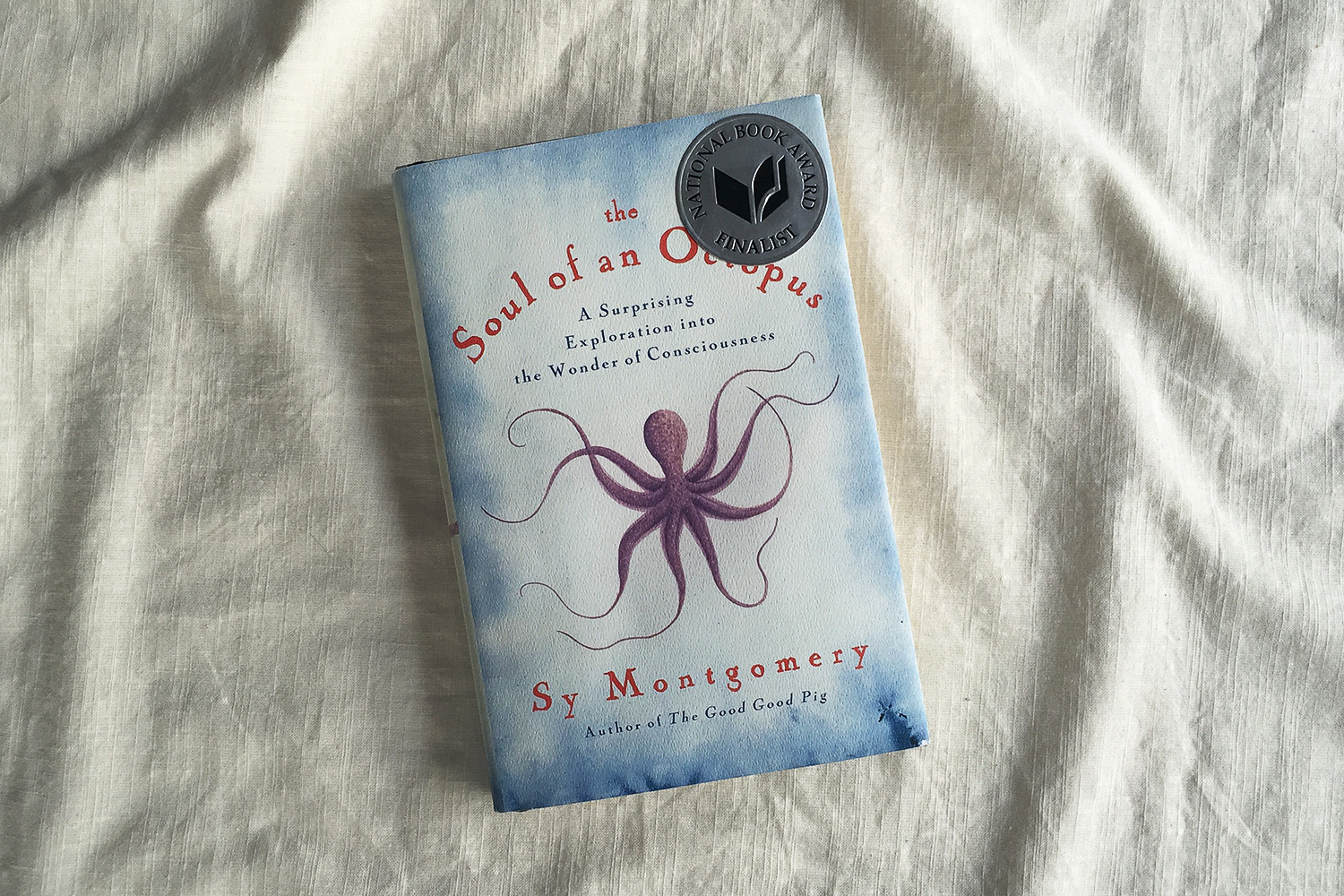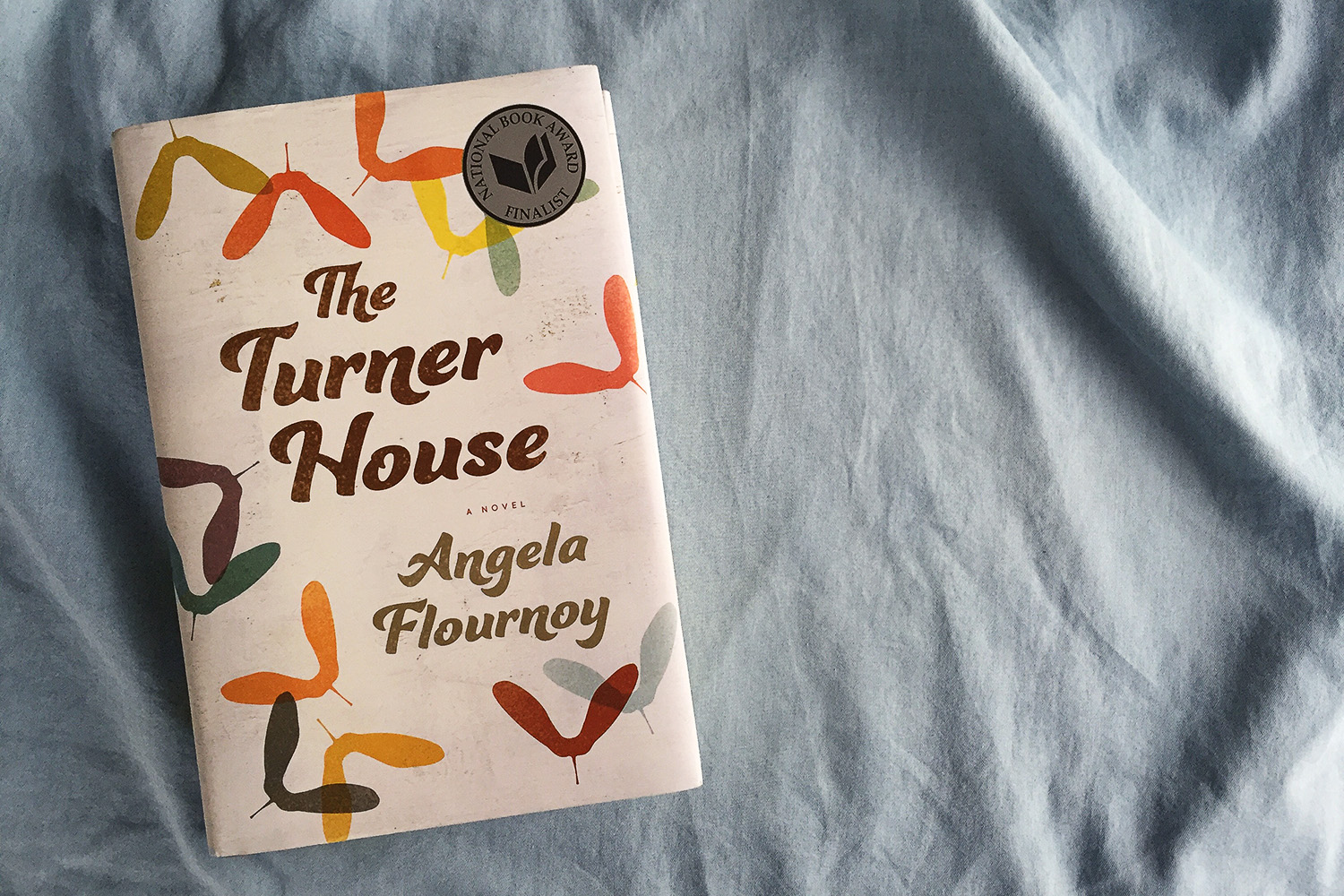
Tiny efforts here and there have made the difference in settling into the new home. Like a new calendar, fresh flowers, and endless cups of peppermint tea. In the spirit of cultivating new habits and routines for the new year, I’ve subscribed to the New York Times, and I must say that it is bizarre to have the day’s world news printed on paper and dropped off at my doorstep before I am even out of bed. It creates the illusion that the world is patient and its news finite; things happen, and when they do, we have a 24-hour window to pause, read and think, until we receive further word the next day. It also gives the paper an air of authority, seeming to assure readers that it is indeed the irrevocable news on record, which is perhaps an attitude to be suspicious of. News read online feels like a mere suggestion, one of infinity, which I suppose is worthy of suspicion as well.
In what feels like days we have reached mid-January, assuring me that the speedy passage of time was not unique to 2015, the erroneous conclusion I draw about each passing year. As there is every reason to expect another swift one, I feel inspired, or more so challenged, to approach each day wisely. Though the beginning of the year generously offers a chance to reflect on what that may mean and plan accordingly, mid-January seems to be the time to wrap up such prep work and simply begin doing. I fear that I tend to linger in the planning phase of any given goal, unknowingly settling for the pleasure of anticipation rather than that of accomplishment. But 2016 seems to be asking more of me, of all of us, and I am prepared to oblige. Cheers to this quickly passing, and oh so wonderfully rainy, start of the year.
Best, Yuri
@yuriroho
In what feels like days we have reached mid-January, assuring me that the speedy passage of time was not unique to 2015, the erroneous conclusion I draw about each passing year. As there is every reason to expect another swift one, I feel inspired, or more so challenged, to approach each day wisely. Though the beginning of the year generously offers a chance to reflect on what that may mean and plan accordingly, mid-January seems to be the time to wrap up such prep work and simply begin doing. I fear that I tend to linger in the planning phase of any given goal, unknowingly settling for the pleasure of anticipation rather than that of accomplishment. But 2016 seems to be asking more of me, of all of us, and I am prepared to oblige. Cheers to this quickly passing, and oh so wonderfully rainy, start of the year.
Best, Yuri
@yuriroho




